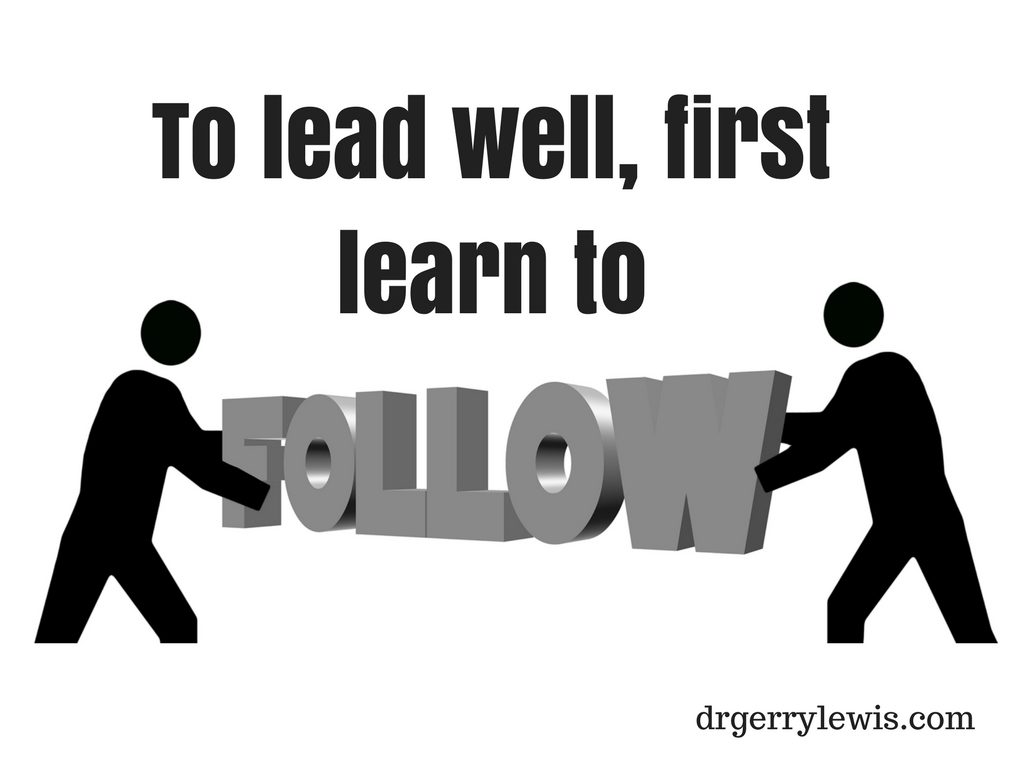“I’m the person in charge here!”
The scene was absolute chaos. One person was in medical crisis and was on the floor. Time was of the essence. The person in charge was having a meltdown and was paralyzed by lack of knowledge and experience. Others, who were not in charge, but who knew what needed to be done, stepped in and did it. The whole time, the person in charge literally stepped over the person on the floor and yelled at everyone else, “I’m the person in charge here!”
Well, you may be in charge, but you’re not a leader!
The fact that you are in charge doesn't make you a leader. Click To Tweet
Yes, that incident really happened. It is not my intent to embarrass anyone, so I’ve been intentionally vague about the details. My point is to share another in my series of top lessons as I celebrate my 40th anniversary in “church” work.
Series recap:
- Lesson One – Never stop learning.
- Lesson Two – Everyone is leading someone.
Lesson Three – The best leaders know how to follow.
No one is a born leader and no one is born into real leadership. Leadership is learned. Leadership skills are developed. Positional leadership succeeds or fails based on learned and developed leadership skills.
And the best way to learn and develop leadership skills is by learning how to follow.
The best way to learn and develop leadership skills is by learning how to follow. Click To Tweet
Here are three reasons why:
- Leaders who have learned to follow look at their followers differently. They are not threatened by them or suspicious of them. They know that followers want to be led well. They know that followers want to be loyal. They know that followers want to trust their leaders. They know that followers want opportunities to grow.
- Leaders who have learned to follow know how to put the right people in charge of the right tasks. Leaders who don’t know how to follow have to be in charge of everything. That means that they will inevitably find themselves leading from a position of weakness at some point. But leaders who know how to follow want to achieve the best outcomes in each situation. Sometimes that means deferring to the strengths of another person. The fact that I put someone in charge who is better suited to lead a specific initiative doesn’t threaten my position as the team leader. In fact, it elevates it because it builds trust.
- Leaders who have learned to follow know that they are not ultimately in charge. Lord Acton (1834-1902) said, “Power tends to corrupt and absolute power corrupts absolutely.” The Apostle Paul said, “Follow my example, as I follow the example of Christ.” (1 Corinthians 11:1). The Gospels of Matthew, Mark, Luke, and John record Jesus saying more than twenty times, “Follow me.”
The Apostle Paul also said, “Submit to one another out of reverence for Christ.” (Ephesians 5:21). There is no better leader than one who follows Christ and empowers others to do the same.
Our lives matter to God. How will you lead by following?




